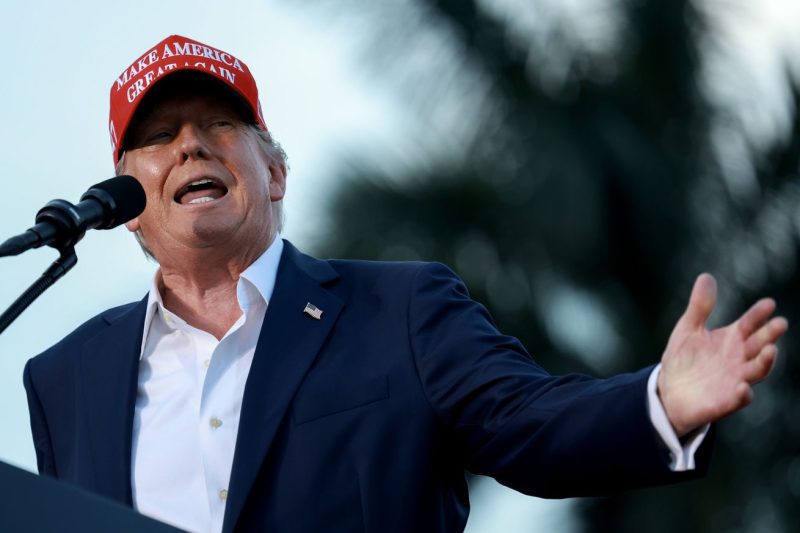
Meta Lifts Limits: Trump’s Facebook and Instagram Accounts Unrestricted
Meta Drops Restrictions on Trump’s Facebook and Instagram Accounts
Meta, formerly known as Facebook, recently announced that it would be unblocking former U.S. President Donald Trump’s accounts on Facebook and Instagram, lifting the restrictions that were imposed on him since January 2021. This decision by Meta has sparked a debate among users and experts regarding freedom of speech, content moderation, and the influence of powerful figures on social media platforms.
One of the key arguments in favor of Meta’s decision is the notion of free speech and allowing diverse opinions to be expressed on social media platforms. By unblocking Trump’s accounts, Meta is seen as promoting a more open and inclusive online environment where individuals with varying viewpoints can engage in discussions and debates. Supporters of this move believe that restricting Trump’s access to these platforms was a form of censorship and that his voice should not be silenced, regardless of whether one agrees with his views or not.
On the other hand, critics of Meta’s decision raise concerns about the potential impact of allowing powerful figures like Trump to freely use social media platforms to spread misinformation, incite violence, or engage in hate speech. They argue that Trump’s past behavior on social media, including spreading false claims about the 2020 U.S. presidential election and encouraging his supporters to storm the Capitol, demonstrates the dangers of unchecked access to such platforms by influential individuals.
Moreover, some experts point out the need for consistent and transparent content moderation policies across all users, irrespective of their status or public profile. Meta’s decision to unblock Trump’s accounts highlights the challenges that social media companies face in balancing free speech rights with the responsibility to protect users from harmful content and misinformation.
The case of Trump’s accounts on Facebook and Instagram also underscores the broader debate surrounding the regulation of social media platforms and the role of government oversight in ensuring accountability and transparency in content moderation practices. As social media continues to play a significant role in shaping public discourse and influencing political opinions, the decisions made by companies like Meta carry implications for democracy, public safety, and the protection of user rights.
In conclusion, Meta’s choice to lift restrictions on Trump’s accounts has ignited a complex discussion about free speech, content moderation, and the responsibilities of social media platforms in shaping online conversations. As the debate evolves, it becomes increasingly important for companies like Meta to navigate these issues thoughtfully and transparently to uphold the integrity of their platforms while safeguarding user interests and societal well-being.
